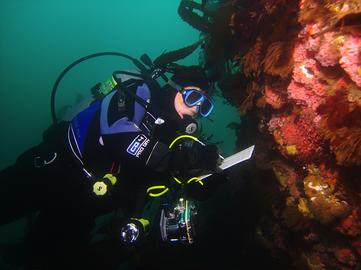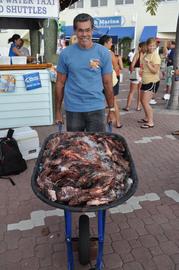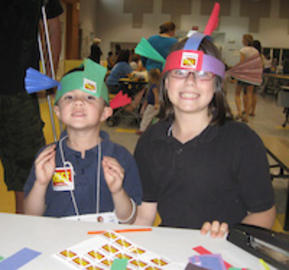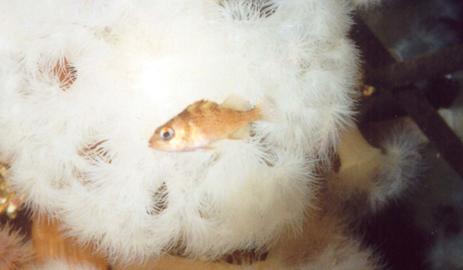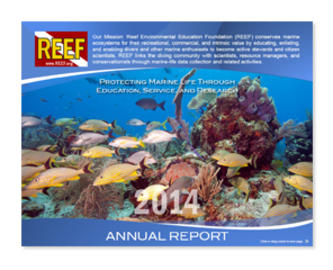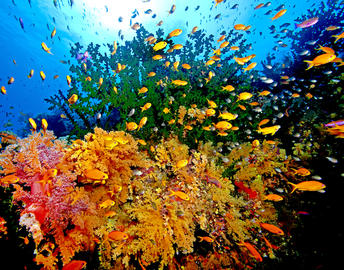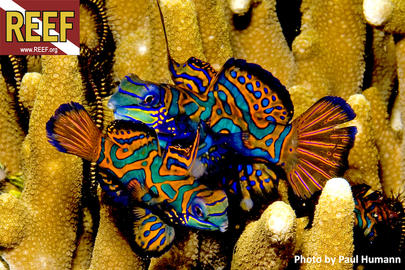Every month, scientists, government agencies, and other groups request raw data from REEF’s Fish Survey Project database. Here is a sampling of who has asked for REEF data recently and what they are using it for:
- NOAA scientists from the Protected Resources Division are using data on three species of endangered rockfish to evaluate their status in the Salish Sea.
-University of Washington scientists are using REEF data on invasive tunicates to map distribution of the species throughout the Pacific Northwest.

